When a rural Perthshire school shut two years ago it was church representatives rather than elected councillors who sealed its fate.
Blairingone Primary School would have been saved for future generations of children by councillors voting 7-6 for its retention.
But the votes of two unelected faith members on Perth and Kinross Council’s lifelong learning committee turned the tables and the last five pupils at the school near Dollar walked out for the last time three months later.
With new councils forming across Scotland following last week’s election, the place of religion in determining the fate of their schools and what goes on inside them is again being questioned.
Outrage over Blairingone resulted in Perth and Kinross Council being the first Scottish local authority to scrap church member voting rights – but people representing various faiths continue to vote on education matters elsewhere, including Angus, Dundee and Fife.
Should religious votes on education committees continue?
When the majority of Scotland’s residents say they belong to no religion – 56% in the 2022 according to YouGov research commissioned by the Humanist Society Scotland – should religion influence what happens in the nation’s classrooms?
A law made almost 50 years ago – the Local Government (Scotland) Act 1973 – requires councils to appoint religious representatives to committees considering education matters. But the Scottish Government says whether these members can vote is up to individual authorities.
Trudy Duffy-Wigman was among those angered over what happened with Blairingone Primary School.
Local people were unaware that unelected religious members could have the last say on where their children went to school, she said.
“Before I got involved in a situation like this I didn’t know either.
“It was an absolute tragedy that the school closed, because it was a school that performed very well for a small amount of kids.”
Should Perth and Kinross Council’s ending of these voting rights be replicated elsewhere?
Yes, says Tricia, who is chairperson of the Fossoway and District Community Council.
“Maybe because of the school system in this country it is good if there are representatives on the committees of a variety of faiths, not just Christian, but I don’t think the role should go beyond advisory.”
Only elected councillors should be in a position to make important decisions about how local schools are run.”
Fraser Sutherland, Humanist Society Scotland
Allowing religious representatives votes on council-run schools is ‘undemocratic’, according to the Humanist Society Scotland.
And the results of last week’s elections could give church votes greater weight in some areas, the group fears, due to a closer balance between ruling and opposing parties.
Fraser Sutherland, chief executive, said: “Right across Tayside and Fife councils will be finely balanced between administration and opposition members.
“The three unelected religious representatives add an unknown dynamic that is unaccountable to the electorate.
The Church’s representation on local authority committees reflects the contemporary role that it plays in society and community.”
Church of Scotland spokesman
“We believe that only elected councillors should be in a position to make important decisions about how local schools are run.”
The Church of Scotland, however, believes its involvement remains relevant.
A spokesman said: “The Church’s representation on local authority committees reflects the contemporary role that it plays in society and community.
“We want to support good local government by building relationships through sharing ideas and scrutinising plans.
“The role and place of our representatives on local authority education committees is part of our work of seeking to serve the whole community.
“This includes spiritual development and learning about faith and religion but also for young people’s welfare and wellbeing, that they may grow up in a Scotland free from poverty, discrimination and fear.”
What about Fife, Dundee and Angus?
Before the election, Fife, Dundee City and Angus councils each had three religious representatives on their education and children’s services sub-committee, children and families services committee and lifelong learning committee respectively.
They pointed to the statutory requirement for this.
Fife Council said standing orders governing voting rights for the new council will be approved on May 19 and Angus Council said the make-up of its committee will be determined on May 26. Dundee City Council’s committee structure will be set on May 23.
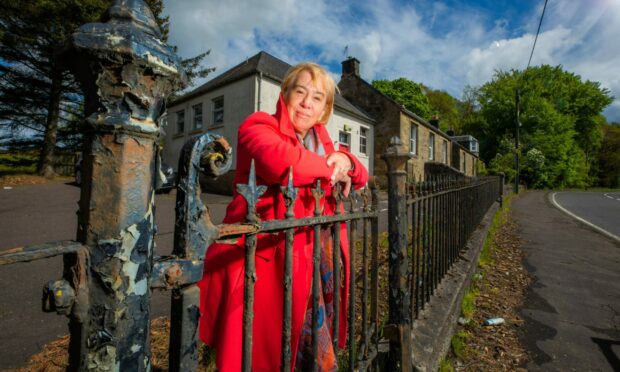
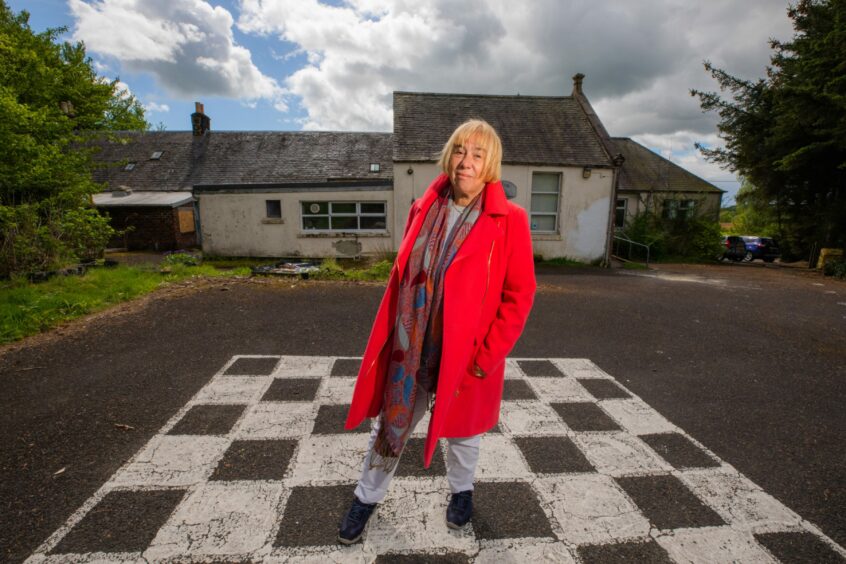
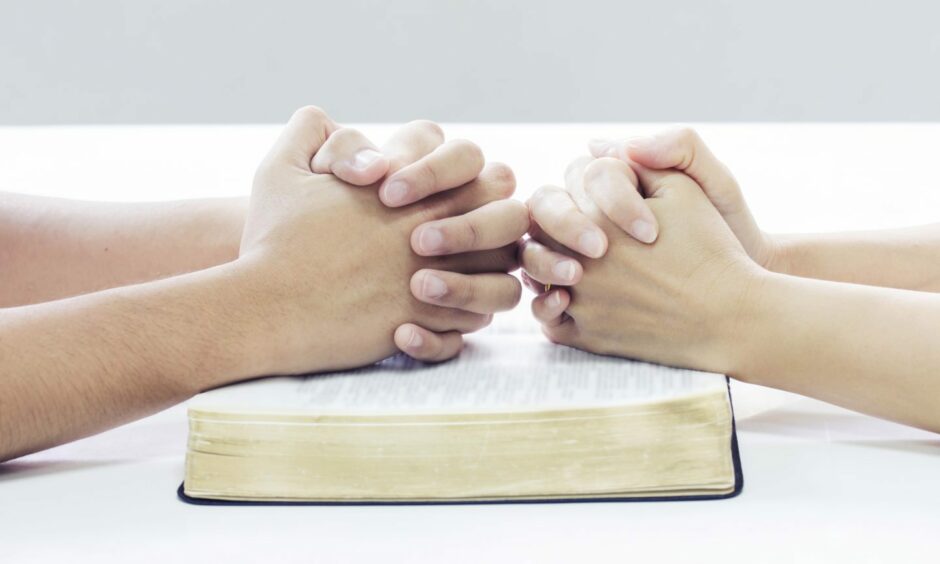


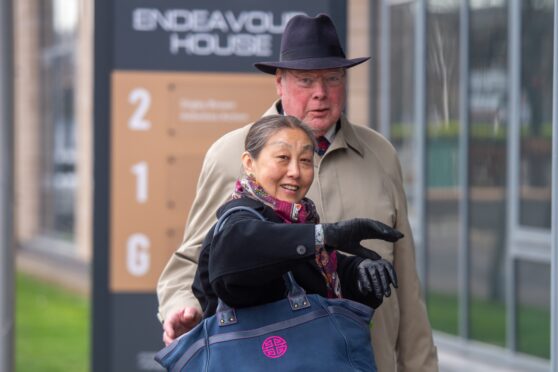
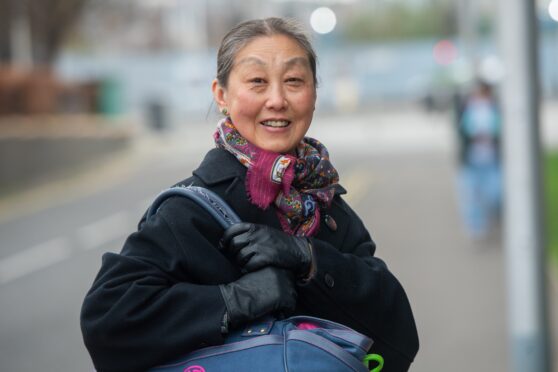






Conversation